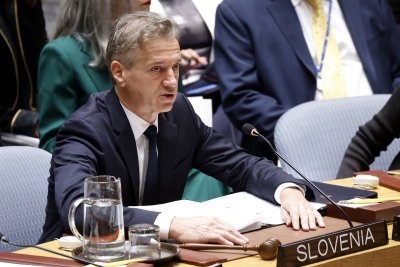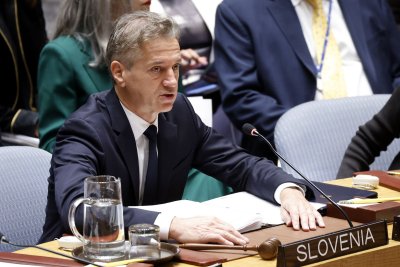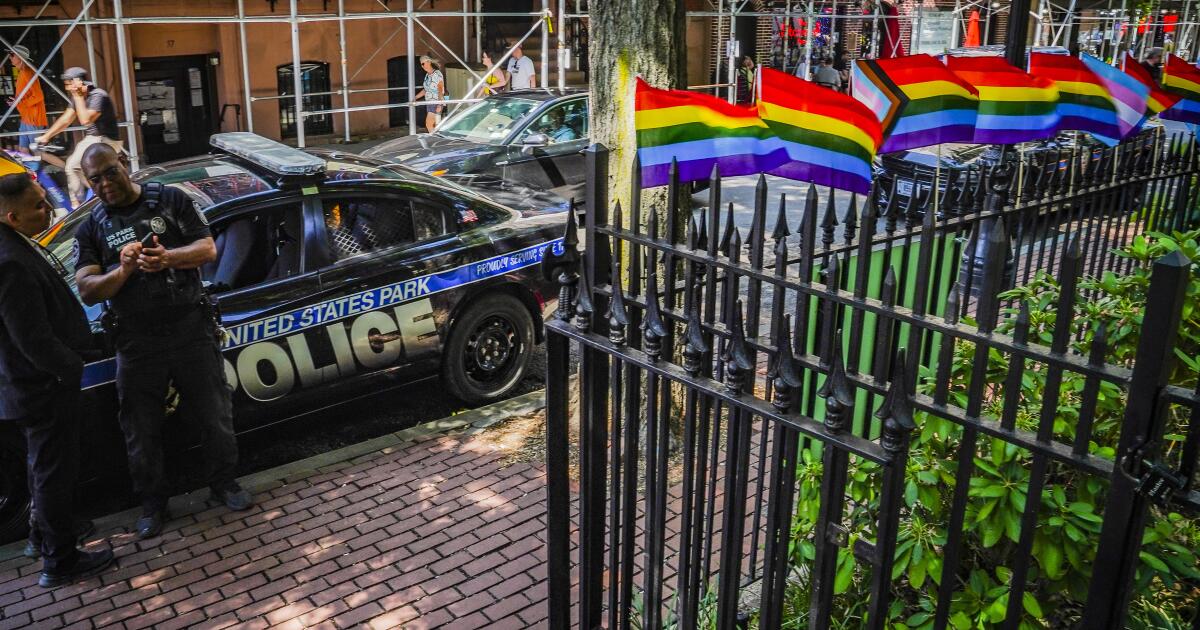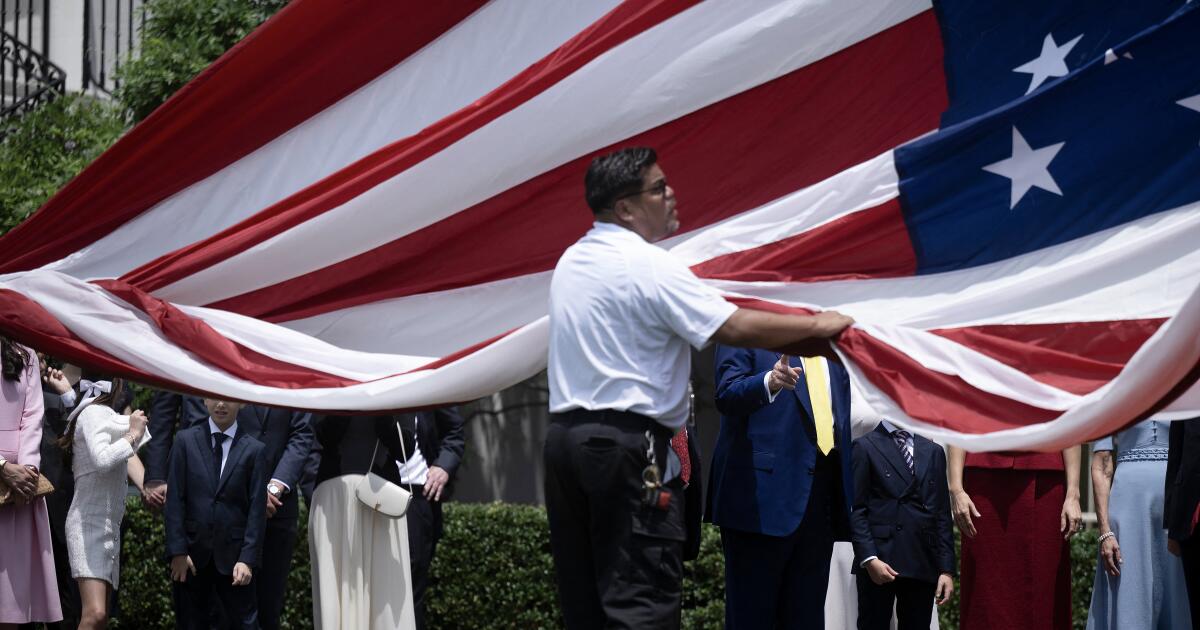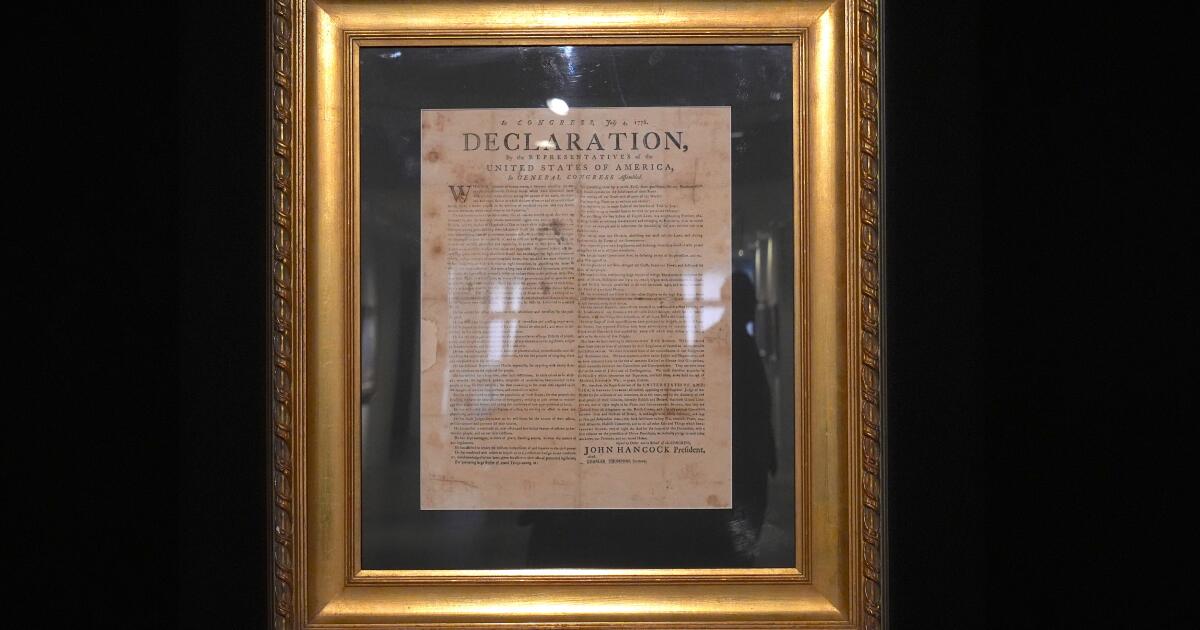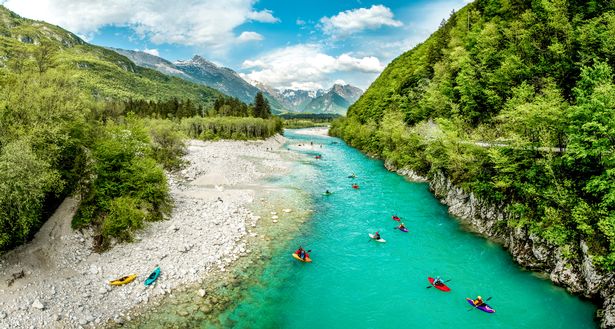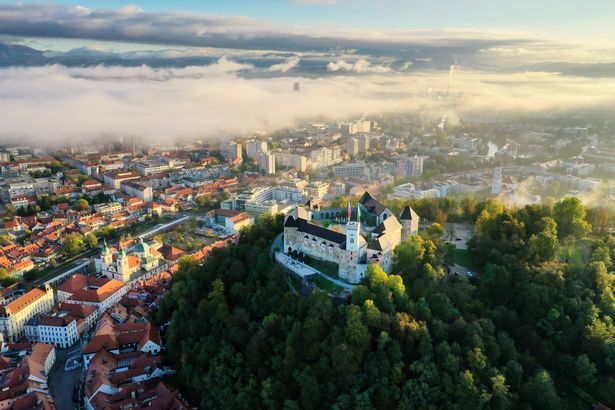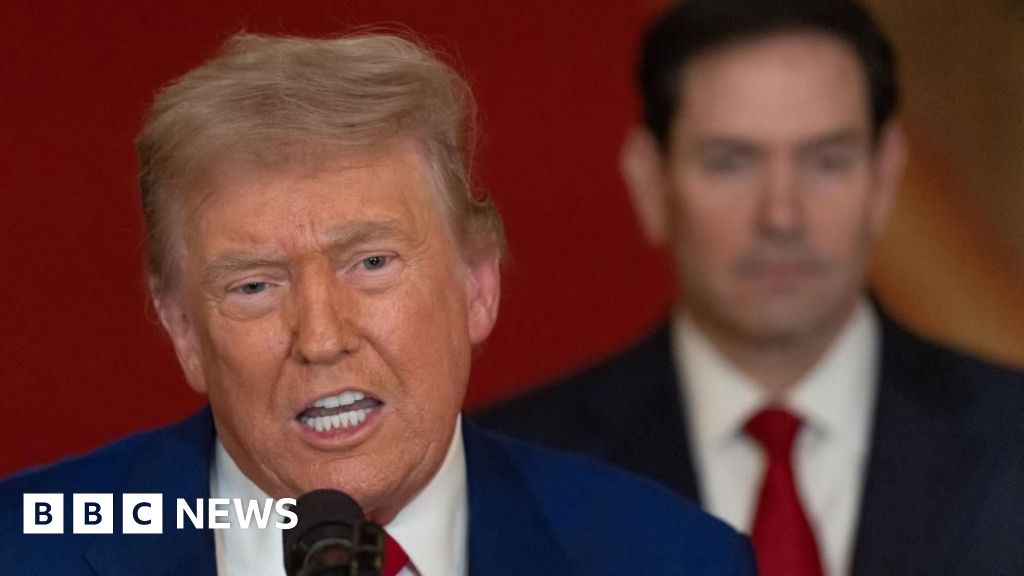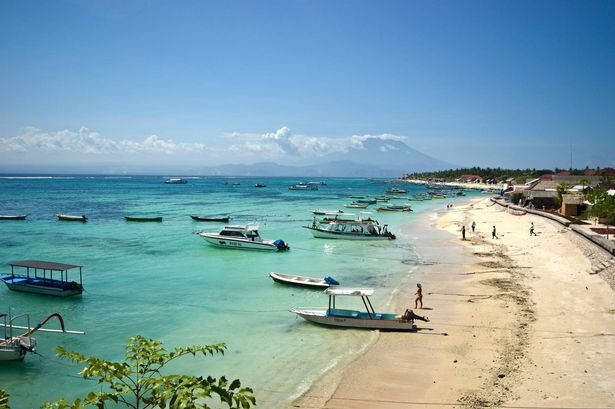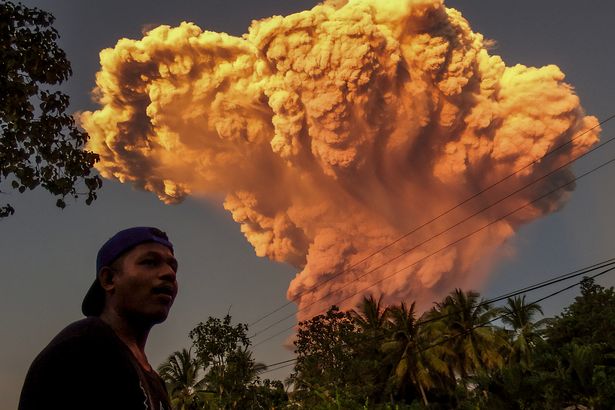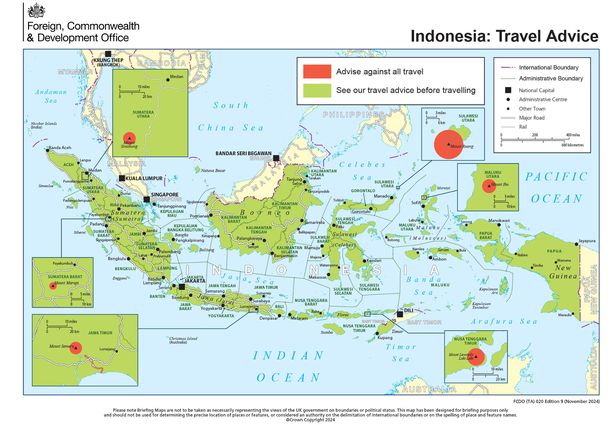A YouTuber who says he has travelled to every country has revealed how he had to spend thousands going to one place after the task of getting a Visa proved exceptionally difficult
A YouTuber who claims to have travelled to “all 197 countries in the world” has revealed which nation was the toughest to obtain a visa for. In recent years, American travel vlogger Drew Binsky has built up a following of over five millions subscribers and millions of views as he documents his travels across all corners of the globe.
In one of his latest videos, he shared the five countries he has found hardest to be granted a visa for. As he reflected on some of his earlier trips, he revealed that four of the five most difficult countries to gain access too were Iran, Eritrea, Syria and Venezuela.
He went on to disclose that it was Libya in North Africa that was the hardest to enter, he said that the “whole process was so confusing” and that it gave him “so much anxiety”.
Saying that they don’t grant tourist visas, he said that if you do want to visit for a holiday then you will have to opt for a business visa.
In order to get the business visa, he said that he had two options, either to go to the Libyan embassy in Washington, DC, USA or take a trip to Rome, Italy. Having opted for the latter, he chose to pay $500 (£375.72) to shorten his wait for the visa from a maximum of 14 days to a shorter period that ended up being five business days.
After finally making it to Libya for a three-day break, he said that the entire expedition, with the visa and his flights to Rome included, set him back by nearly $5,000 (£3,756.97).
While forking out the huge amount for the trip, he said: “That’s just part of the process, if you want to visit every country that’s what you have to do for Libya, all the land borders are closed you have to fly in and have to get it that way and it takes forever, and it’s annoying.”
Despite the eye-watering cost for such a short visit, he said that he was “super happy” to have made the “awesome” trip.
While there are four different types of visa available, the two that Drew referenced were a tourist/visitor and a business visa.
Although the rules differ depending on which country you’re travelling too, a visitor visa grants people to temporarily visit a country for tourism, visiting family and friends, and some other activities that are also allowed.
However, a business visa differs somewhat in that foreign nationals must be visiting in order to carry out business activities including going to meetings or conferences. The exact rules on what constitutes as business activities can vary from country to country.





